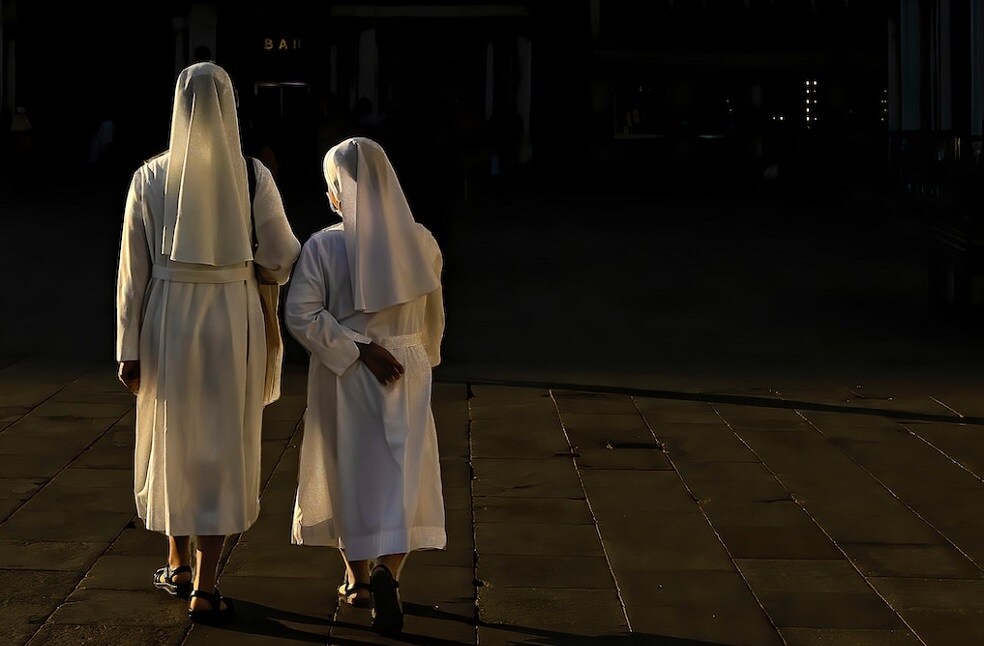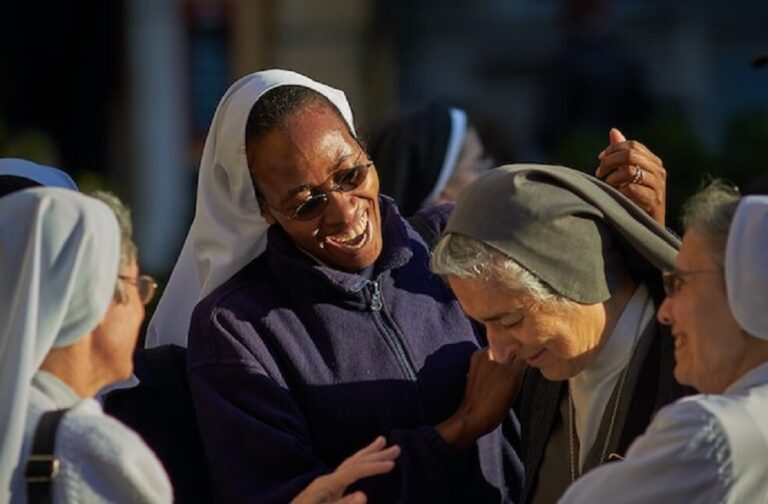Rome, Italy: Pope Francis has granted women the right to vote in an upcoming gathering of bishops. This significant decision is a reflection of the Pope’s aim to empower women with greater decision-making responsibilities within the church.
After years of persistent calls from women demanding the right to vote, Pope Francis has approved alterations to the norms that regulate the Synod of Bishops, a Vatican entity that convenes bishops from around the world for regular meetings. This decision signifies a significant step towards granting women more agency in the workings of the church.
The Vatican released the revisions authorized by Pope Francis, highlighting his vision for the laity to assume a more prominent role in church affairs that have historically been reserved for clerics, bishops, and cardinals. These modifications represent a crucial aspect of the Pope’s agenda to promote a more inclusive and participatory Catholic Church.

Since the Second Vatican Council in the 1960s, which was responsible for the modernization of the Catholic Church, popes have periodically summoned bishops from around the world to gather in Rome and deliberate on specific issues for several weeks at a time.
At the conclusion of these meetings, the assembled bishops vote on specific proposals, which are subsequently presented to the pope. Taking their views into consideration, the pope then produces a document that reflects the consensus reached during the gathering.
The recent modifications, however, have altered this practice, as five religious sisters will be granted the right to vote, alongside five priests, as representatives for religious orders. This change marks a significant departure from the longstanding practice of only allowing men to participate in voting procedures.

Moreover, Pope Francis has resolved to designate 70 non-bishop members to the synod and has requested that half of them be women. All 70 members, including the women, will be granted voting rights, signifying another crucial step towards greater gender equality in the Catholic Church.
Furthermore, the intention is to incorporate young individuals into this group of 70 non-bishop members, who will be nominated by regional blocs and presented to the pope for his final approval. The Pope has emphasized the significance of including young people in decision-making processes, underscoring the Church’s commitment to embracing diversity and promoting intergenerational dialogue.
The upcoming synod, slated to take place from October 4th to 29th 2023, centers around the critical issue of imbuing the Church with greater sensitivity to and representation of the laity, a process referred to as “synodality,” which has been a longstanding priority of Pope Francis. The synod provides a vital platform for discussing and enacting measures to promote greater participation and inclusivity in the Church.



